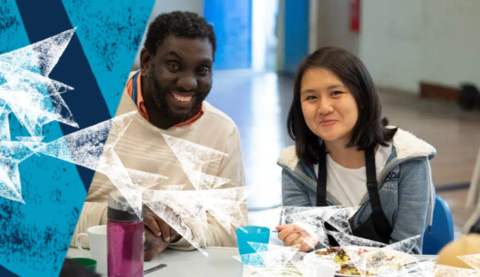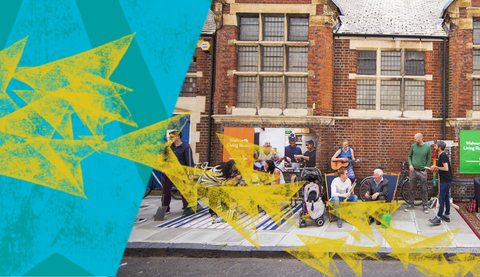We run a monthly three course meal for isolated older people with live entertainment. Volunteers are vital to the dinner as with out them it would not go ahead. They provide a variety of roles.
Duties include setting and clearing up, preparing and serving food, washing up, chatting to older people. Volunteers are normally needed from 10.30 - 3.30 once a month.
It is a great way to make a practical difference in a fun atmosphere. You may even find yourself dancing.
The difference meeting up with others makes to an older person living on their own.
Organised volunteers who will remain calm when things are busy.
Similar Opportunities
Join us to give a new life to surplus food.

We are seeking dedicated volunteers from all walks of life to tutor and support pupils from lower-income communities in maths and English for one hour a week online or in person.
We are recruiting volunteer youth mentors who can give 2 hours a week supporting a young person aged 8-18 through outdoor based mentoring sessions. This could include going cycling, visiting museums, enjoying new foods and trying new fun experiences.




